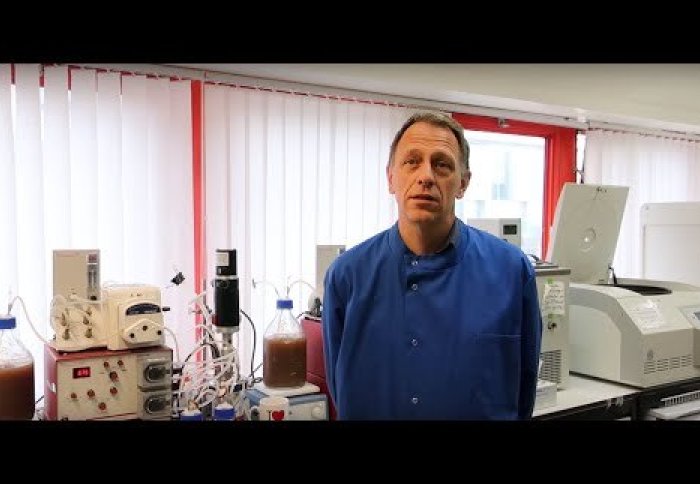Poo transplant stops C. diff spores in their tracks

Faecal microbiota transplant (FMT) is a highly-effective therapy for treating a serious gut infection, called Clostridioides difficile infection.
However, until now doctors and scientists have only understood a little about how FMT effectively treats Clostridioides difficile infection (often called 'C diff').
Research from a team at Division of Digestive Diseases, in the Department of Metabolism, Digestion and Reproduction, has discovered that FMT works by restoring particular bacteria into the gut of people with C. diff that they had in their gut before they became ill. These bacteria alter the chemical make-up in the gut of bile, a digestive juice made by the liver and released into our gut after we eat. By changing the chemical make-up of bile, these bacteria are also able to minimise the ability of C. diff to cause infection in our guts, by stopping 'seeds' of C. diff (called spores) from 'hatching' into full C. diff bacteria. Normally, it is from here that they could grow and produce toxins that might harm us.
The video abstract for this research paper can be found at the top of the page and here.
Speaking about their research, Dr. Ben Mullish said, "It is known that FMT is very effective at treating C. diff infections of the gut, but why? Our research has shown that FMT restores bacteria to the gut which affects the composition of bile in a way that stops C. diff spores in their tracks. This could lead to even better treatments for C. diff infection in the future"
This builds upon another piece of recent novel work by the same team. The work looks at how FMT also restores important chemicals called short-chain fatty acids in the guts of people with C. diff. It has been discovered that these short-chain fatty acids can also have strong effects on stopping C. diff bacteria from growing within the gut.
Finding out how FMT effectively treats Clostridioides difficile infection is important because it helps to develop new and more targeted treatments for the condition.
Article text (excluding photos or graphics) © Imperial College London.
Photos and graphics subject to third party copyright used with permission or © Imperial College London.
Reporter
Benjie Coleman
Department of Surgery & Cancer